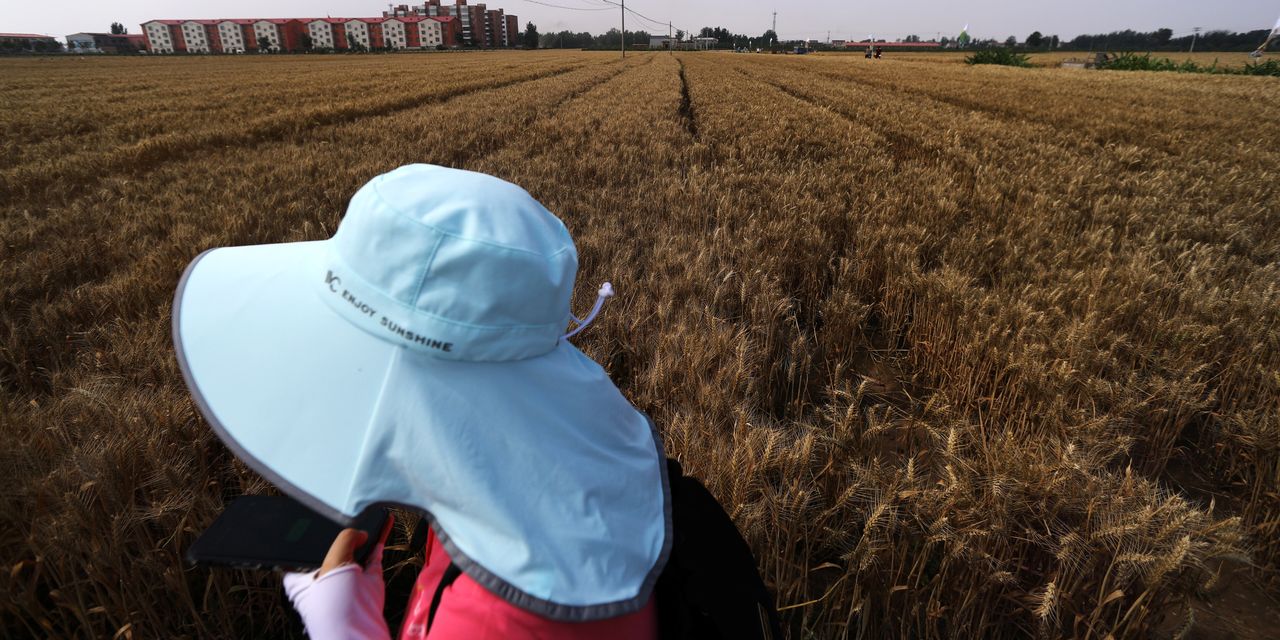In today’s China, companies tend to do well when they match policy makers’ appetites. On that score, the coming initial public offering of agricultural giant Syngenta should pique investors’ interest.
Seed and pesticide heavyweight Syngenta Group plans to raise $10 billion on Shanghai’s STAR Market—which would make it the largest IPO in mainland China since 2010, according to Dealogic. The bulk of the business originated with Swiss company Syngenta AG, which was bought by state-owned chemical company ChemChina in 2017 for $43 billion. That acquisition marked the peak of the go-go days of China’s outbound mergers and acquisitions. With rising scrutiny and skepticism of Chinese buyers in recent years, it remains China’s largest overseas acquisition. The purchase saddled ChemChina, which merged with fellow state giant Sinochem in May, with debt.
Syngenta’s new IPO would provide a boost to STAR, China’s homegrown Nasdaq-style market, when the government has put more restrictions on overseas listings following the Didi fiasco. The company would be a rare truly international company listing there as China tries to increase the appeal of its domestic markets.
The IPO also underlies another of Beijing’s policy objectives: security of food supply. Working toward greater self-sufficiency in agriculture was the motivation for acquiring Syngenta from the beginning. As the company’s prospectus puts it, China has 7% of the world’s arable land but around a fifth of its population. Syngenta’s products such as herbicides and genetically modified seeds could help improve crop yields. China accounted for around 20% of its revenue last year, but its business there is growing fast. In the first quarter, sales at Syngenta’s China unit increased 38% year over year versus 11% for the whole group.
China has to rely on imports for many major crops as well as animal feeds. Demand for the latter is being driven by the country’s increasing appetite for meat as it grows richer. China is expected to import a record 44 million metric tons of coarse grains for the 12 months ending in September—more than double from a year earlier—as its corn purchases hit records, according to the U.S. Department of Agriculture. The deteriorating relationship between China and major agricultural exporters like the U.S. and Australia has increased the urgency of boosting domestic food supply.













































